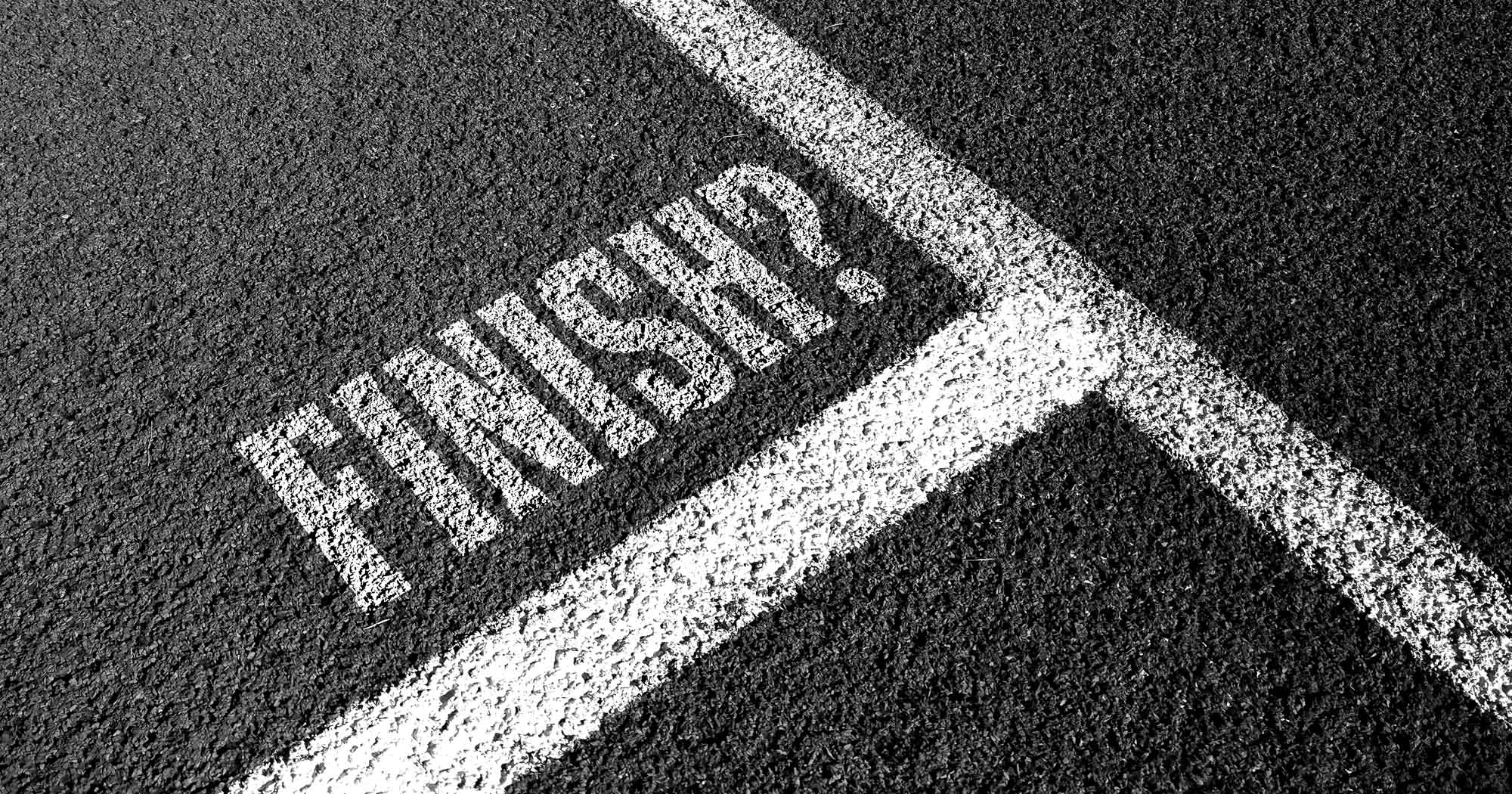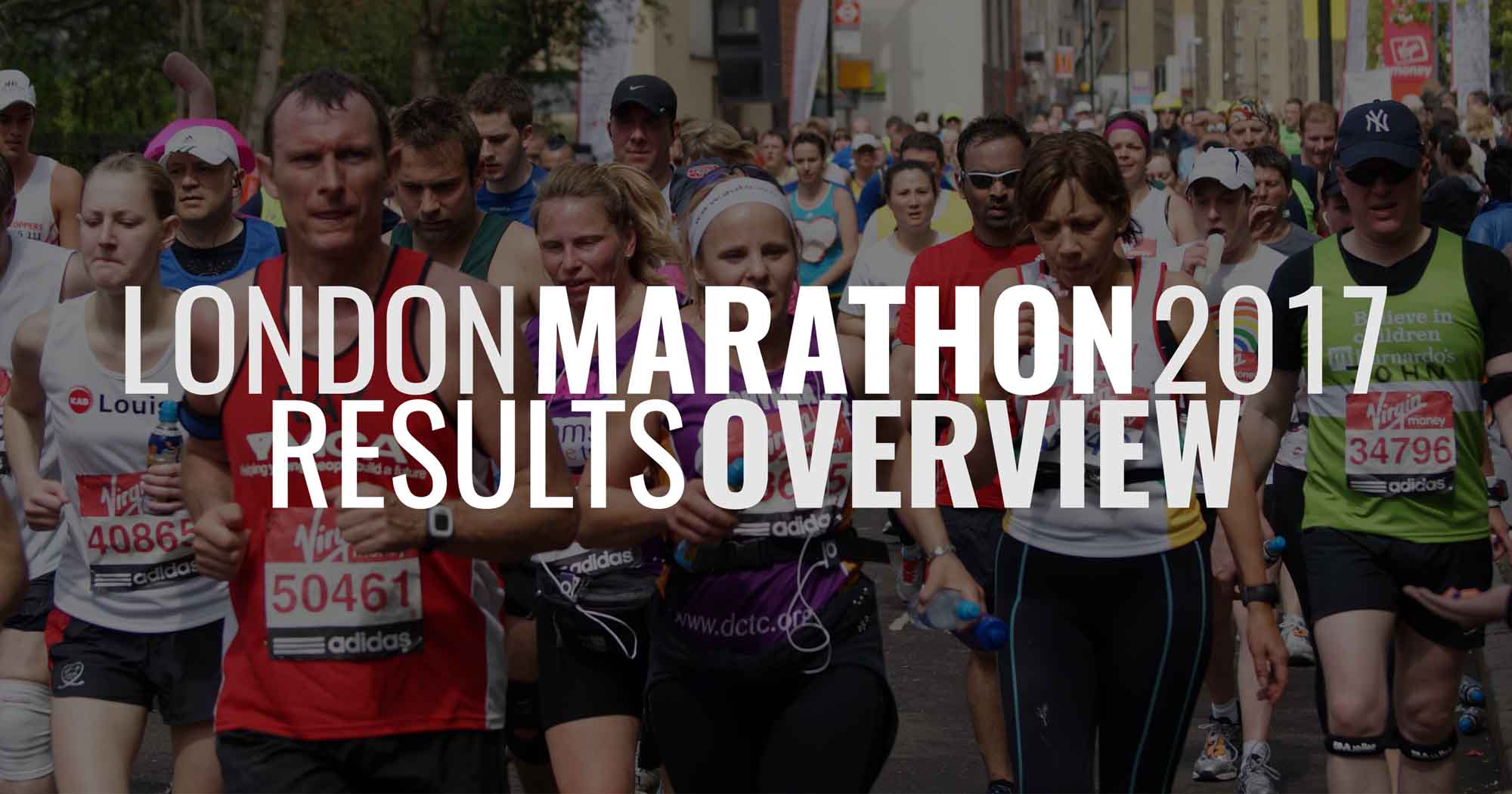How Long is a Marathon?

How Long is a Marathon?
Pretty easy, 42.195km (26 miles 385 yards), right? As specified by the IAAF in May 1921 based on the distance used at the 1908 summer Olympics in London.
But despite best efforts from the organisers, occasional errors are made and the course laid out doesn’t quite measure up as expected. There have been a few instances in recent years affecting major events.
- The Greater Manchester Marathon in 2013, 2014 and 2015 was found to be 380m short
- The Great Scottish Run, a half marathon, in 2016 was 150m short or 0.71%
- The Brighton Marathon in 2014, 2015 and 2016 was 146m short
- The Brighton Half Marathon (a separate event run by different organisers) in 2012 ended up being around 500m too long! And extra 2.37%
How does this happen?
In the case of the Greater Manchester Marathon, it was due to an error in calibration of the wheel on the bicycle used to measure the course initially. The Great Scottish Run identified two problems, one was again due to measurement problems this time between measuring on an open road versus closed road and the other was a small section of the course route not being followed exactly.
It could be a measuring error, although course measuring is generally very accurate and precise, it could be as simple as a misplaced cone when laying out the course or a misread instruction of exactly where to place a turn point. Everything is ultimately at the mercy of human error and occasionally that isn’t noticed until it’s too late.
What does this mean for the those who ran in these events?
Officially, times will be invalidated, but the vast majority of people won't really be affected in a meaninful way as the error is only a tiny fraction of the full course. Running a half or full marathon is a hunge physical challenge and a few metres short or long doesn’t affect the achievement of completing it.
Most runners also aren’t able to take the officially measured racing line and will end up running slightly over the official distance anyway.
Some may feel a little disappointed though as times will not be official and won’t count in any records and those who scraped through a few seconds ahead of their PB or inside their goal time may find they would have otherwise just missed out.
How does this affect times?
The Greater Manachester Marathon, short by 0.9% equates to 2 minutes and 10 seconds on a 4 hour marathon time, a small difference in the grand scheme but could be the difference between a PB and not. The missing 0.35% at the Brighton Marathon is 'worth' just 50 seconds on a 4 hour marathon.
Of the half marathons, the 150m off the Great Scottish Run is just 0.7% of the course which equates to 50 seconds for a 2 hour half, again a small difference. The Brighton Half has a slightly bigger change at 2.3% but as this course was longer then the only issue is those people who thought they just missed out on their time but may have got it if the course finished at the right point - Around 2 minutes 50 added to a 2 hour half.
Any incorrectly measured course will of course invalidate the results officially but those that ran in the affected races should be perfectly happy to say that they ran it in their stated chip time.
Update, October 19th 2017: To add another recent example, the 2017 Milwaukee Marathon was found to be 4,200 feet short (that's over 1.2km!) and as a result the race can't be used as a boston qualifier. It looks like the problem in this instance was in laying out of the course at the turn round point rather than the measuring.

